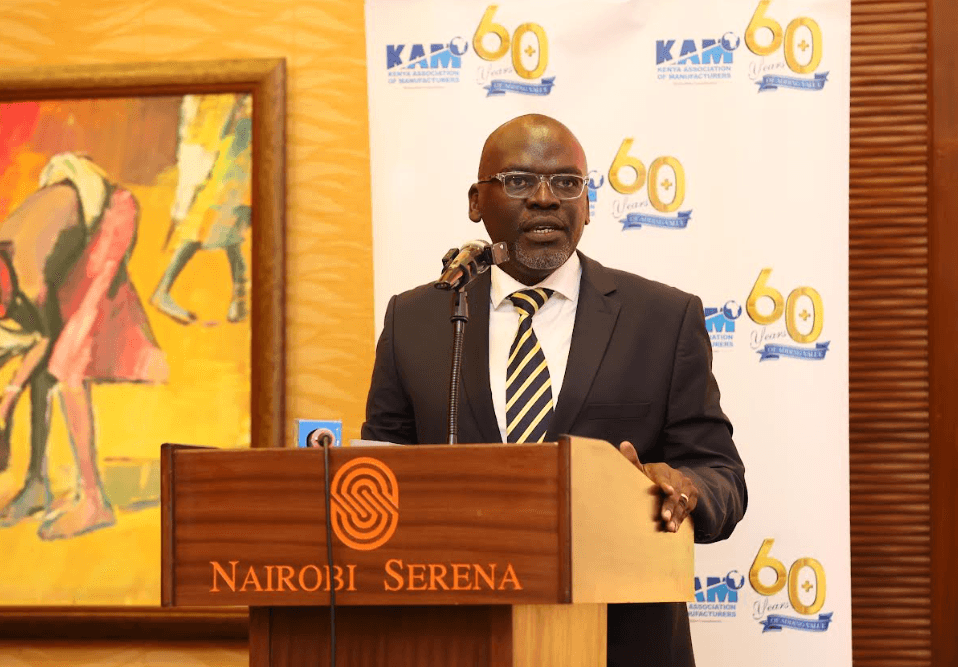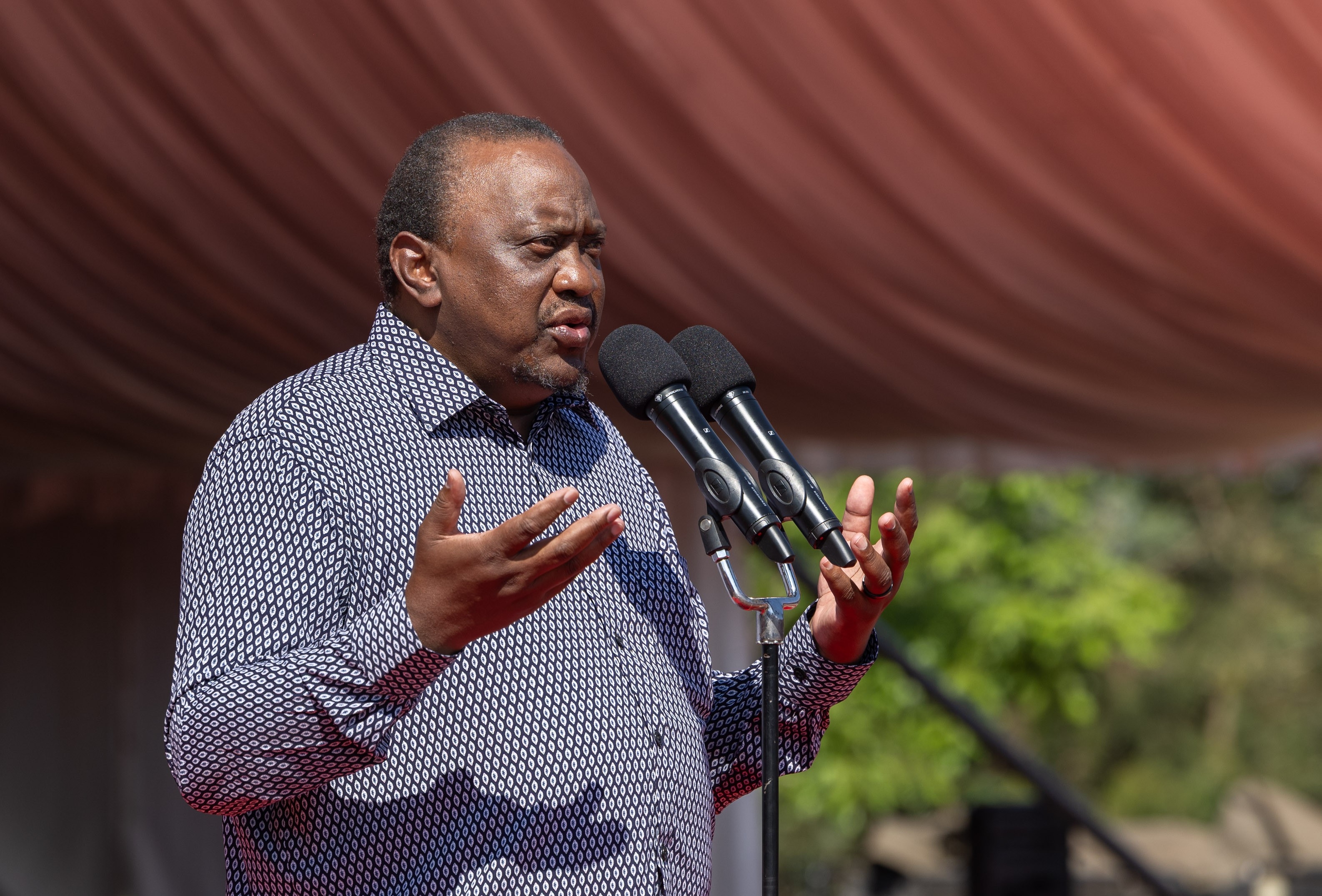

Suicide rates in Kenya are higher than the global average yet mental health remains to be one of the most underfunded sectors. The World Health Organization reports that suicide rates are at 11 per 100,000 persons.
This is higher than the global average, which is at nine per 100,000 persons. Kenya’s government allocation of only 0.01 per cent of national budget to mental health is a depiction of system failure and the lack of prioritisation of mental health as part of essential primary healthcare.
Sadly, when mental health is not prioritised, the most marginalised groups including children and youth, are the most impacted. The United Nations Children's Fund reports that one-third of mental health conditions emerge before the age of 14. WHO reports that one in seven 10-19 year olds experience a mental health disorder accounting for 15 per cent of the global burden of disease in this age group.
In Kenya the African Population and Health Research Centre and the Nairobi Urban Health and Demographic Surveillance System report that more than 60 per cent of adolescents in urban slums experience mental health challenges such as depression and emotional distress. This data illustrates the growing burden of mental health, particularly among children and youth. It is therefore critical that the government recognises mental health as primary healthcare for productive citizens who can realize their dreams and contribute to national development, including Kenya’s Vision 2030 and Sustainable Development Goals.
While Kenya has made significant progress in promoting mental health, including the decriminalisation of suicide in 2025 and the enactment of progressive policies such as the Mental Health Action Plan and the adoption of WHO Quality Rights guidelines, more financial investment, technical support and community research needs to be done to meet the growing burden.
Important to note is that the lack of prioritisation of mental health care stems from a colonial mindset, during colonial era, the Mau Mau freedom fighters were incarcerated and mental health knowledge was used as tool against them and African culture. The first step to decolonising mental health is to centre mental health in the community. Community awareness and sensitisation have been proven to be effective in promoting help-seeking behaviours. In addition to this, it is critical to adopt storytelling, play, art and peer-to-peer programmes as part of the sensitisation. Plays, for instance, have been proven to build the resilience of children and promote expression.
There is no universal health coverage without mental health.
The government and stakeholders must recognise mental health as primary
healthcare, allocate budgets and package it under UHC programmes such as Social
Health Authority. Mental healthcare should be at the centre of community health
strategy.
The writer is the executive director of Community Voices Network

















